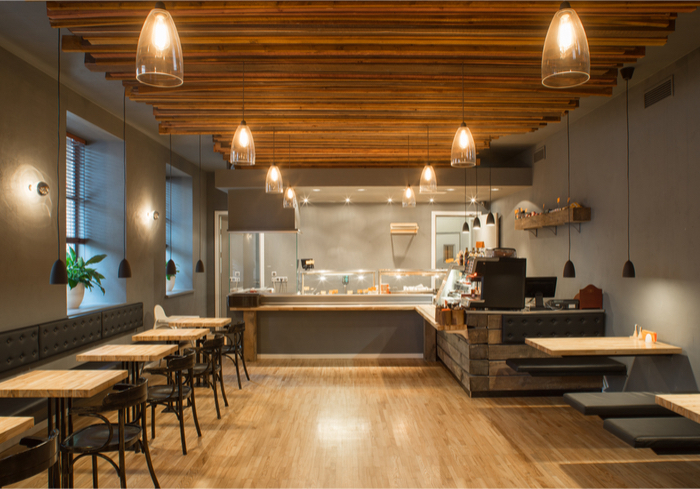Today’s Gig Worker Special: Restaurants As Co-working Spaces

When Siri Chakka and Silva Gentchev graduated from business school, they both had experiences working outside traditional offices: Gentchev was in a partly remote position for a large technology company, while Chakka was working fully remote in a software startup. Both found themselves struggling to be productive at home or in coffee shops, while also feeling socially isolated.
Away from the traditional offices and break rooms, they weren’t able to make small talk with others around them. “We lacked those water cooler conversations that we were having at our normal jobs,” Reset Co-founder Gentchev told PYMNTS in an interview.
The alternatives to working from home were not ideal. Coffee shops could be too loud or lacking enough seats, while co-working spaces could be out of their budgets. “There was really nothing in between,” said Gentchev. With a happy medium in mind, Chakka and Gentchev identified an opportunity to work with local businesses that had free space, noticing there were many beautiful restaurants in Austin that were closed during the day.
As these restaurants were created for community, they make ideal spaces for remote workers. They also come with some other advantages, as they are already leased and have beautiful buildouts. Since the duo didn’t have to lease space or make improvements themselves, they were able to make their co-working space affordable.
Chakka and Gentchev’s company offers three co-working options, ranging from a drop-in day pass to a 10-visit pass to a monthly unlimited membership available for purchase with a major credit card. Chakka noted that almost everyone uses a free pass when first visiting the spaces. After those initial visits, some consumers buy a pass on the spot before they leave, while others buy a pass online before their next visit.
These kinds of free trials are a popular feature with top-performing subscription plans. According to the PYMNTS Subscription Commerce Conversion Index, 80 percent offer them to customers.
The Brand Awareness Play
For restaurants, hosting a co-working space offers the chance to bring in customers who might be visiting their establishments for the first time. These visitors might have driven by their buildings, but might not have ventured inside. Remote workers who have used a restaurant’s space might think of returning for dinner or happy hour.
When selecting restaurants for their co-working platform, Chakka and Gentchev consider a few factors to determine whether a space is a good fit. For starters, they see if the space has comfortable seating and ample natural lighting. In addition, they look to see if the restaurant has parking available on the street or in a lot. The size of the space is a consideration, too, as they check whether it can accommodate 20 to 30 seats.
The Ideal Time and Place for Co-working
Chakka and Gentchev’s company is based in Austin, Texas, which, as it happens, is a prime location for a co-working space seeking to serve people working outside of traditional offices. A recent Brookings Institute analysis that covered 50 cities found that the city has the highest share of telecommuters in the country. On a more global level, productivity tools like the messaging app Slack or the video conference app Zoom benefit co-working spaces, as workers don’t need to physically be with their teams.
Beyond Reset, companies like WeWork provide co-working with a global footprint and many amenities. Although Chakka said their customers may enjoy bells and whistles – like conference rooms, phone booths and after-hours access – her company is not competing with those other companies. Instead, Reset is looking for remote workers who are just looking for a place to work other than the dining room table (until spouses or significant others kick them out).
The idea, then, is that some co-working spaces can carve out a niche by offering simpler, affordable spaces – and tapping into a network of restaurants to provide this option to remote workers.